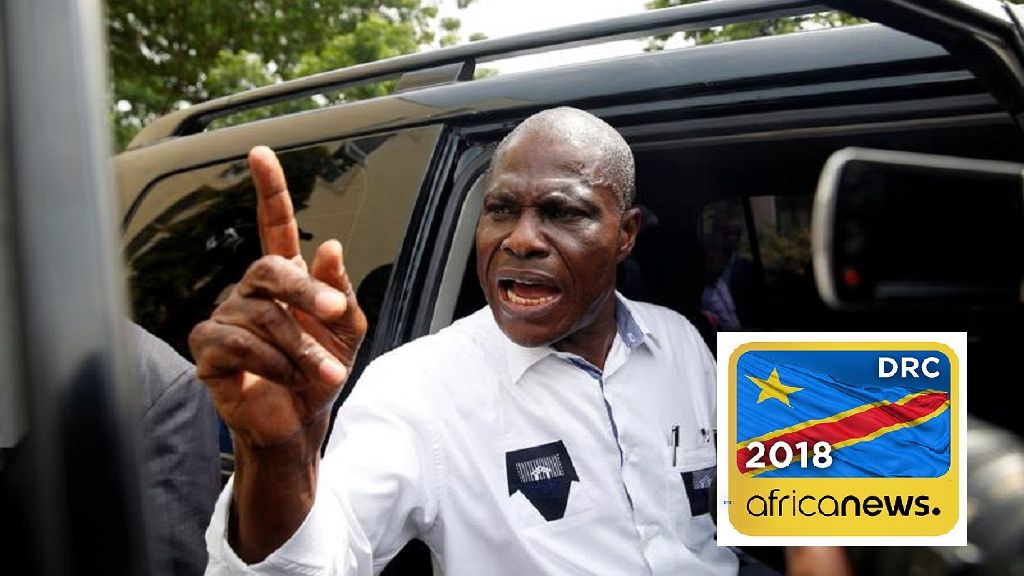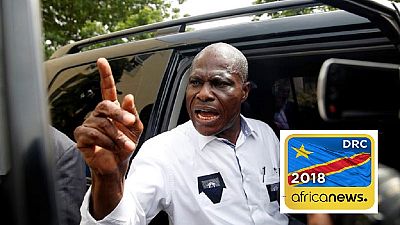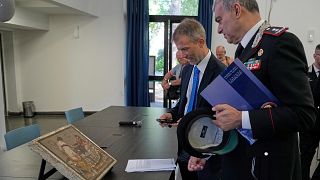Congo politics
Martin Fayulu’s call for protest after the Democratic Republic of Congo’s (DRC) top court declaration of Felix Tshisikedi as president-elect on Sunday flopped according to media reports. Despite the confirmation of the court, the second-placed candidate declared himself winner and called for demonstrations; a call with little or no clout.
As supporters of Tshisekedi thronged the streets of Kinshasa in celebrations, runner-up Martin Fayulu said the ruling had opened the way to a “constitutional coup d’etat,” raising fears of more violence.
Unrest over last months delayed elections in the DRC, has already killed 34 people, wounded 59 and led to 241 “arbitrary arrests” in the past week, according to the U.N. human rights office.
In the early hours of Sunday, the Constitutional Court ruled that a legal challenge to the result filed by Fayulu was inadmissible. “Felix Tshisekedi will become the fifth president of the republic,” government spokesman Lambert Mende said as he welcomed the judgement.
Fayulu issued statements dismissing the ruling. “The constitutional court has just confirmed that it serves a dictatorial regime … by validating false results, (and enabling) a constitutional coup d’etat,” he said in one.
“I am now considering myself as the sole legitimate President of the Democratic Republic of Congo,” he added in another statement. He called for people to mount peaceful demonstrations across the country.
Fayulu says Tshisekedi and outgoing President Joseph Kabila made a deal to cheat him out of a more than 60-percent win – an accusation they both dismiss.

“SERIOUS CONCERNS”
The provisional results, announced on Jan. 10, showed Tshisekedi winning with a slim margin over Fayulu. Kabila’s officially favoured candidate Emmanuel Ramazani Shadary came in a distant third.
In a speech, Tshisekedi welcomed the victory and said he would seek to mend divisions in the country.
“This is the end of one fight and the start of another in which I will enlist all the Congolese people: a fight for well-being, for a Congo that wins,” he said. “Tomorrow the Congo we will build will not be a Congo of hate, tribalism and division.”
Independent monitors flagged major problems, including faulty voting machines and polling stations where many were unable to vote. The Catholic Church, which had a 40,000-strong team of observers, denounced the provisional result.
A tally from the church reviewed by Reuters from about 70 percent of polling stations suggested a victory of 62 percent for Fayulu, a former Exxon Mobil country manager. Tshisekedi and Ramazani were virtually neck-and-neck second place with 16.93 percent and 16.88 percent, respectively.
In a rare intervention, The African Union (AU) called for final results to be postponed, citing “serious doubts” about the election’s credibility. Congo rejected that request on Friday. [L8N1ZI2FG]
Accusations of cheating are not new to elections in Congo, which was ruled by kleptocratic dictator Mobutu Sese Seko for 32 years before tumbling into chaos and war in the late 1990s.
Congo’s vast interior is a vital source of copper and other metals, including cobalt, used in electric car batteries and mobile phones.
*REUTERS*













01:52
Togo’s security forces cast early votes ahead of high-stakes municipal elections
Go to video
Togo suspends French state-owned broadcasters RFI and France 24
Go to video
Protesters gather in Ivory Coast, demand Thiam's return on electoral list
02:13
Cameroon: Police, opposition supporters clash as election looms
01:25
Burundi awaits results of local and parliamentary elections
Go to video
Chad detains former prime minister Masra after deadly clashes